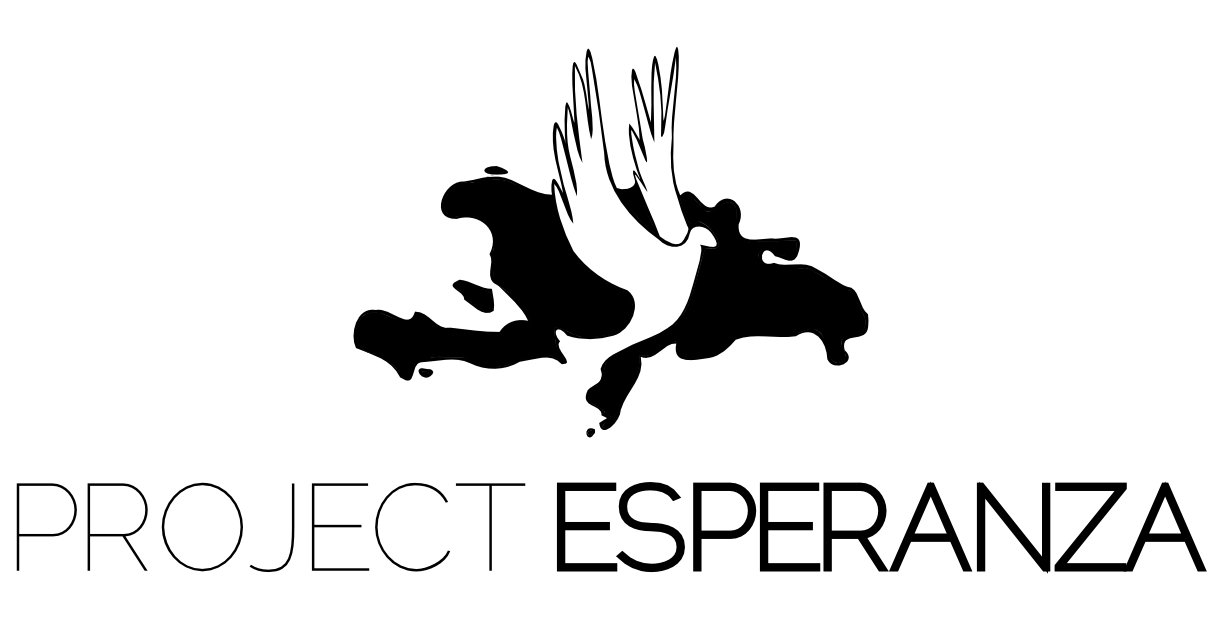The United States and other parts of the world have erupted into protests over the issue of racism. The completely unjust killings of Ahmaud Arbery and George Floyd caught on tape and the actions taken by authorities (and lack there of) in the aftermath of these murders have brought the topic of racism to the forefront of issues.
Both the Dominican Republic and Haiti are countries where the majority of the citizens would be racially defined as black or brown in the United States. Racism does exist, but it is also confounded with nationalism. With the majority of Dominicans being various shades of brown, racism is sometimes projected towards blacks, but is confounded with the issue of nationalism, as the large majority of blacks on the island are Haitian. Haitians, who are predominately black and actually led a genocide in a revolution that ended French-led slavery, can be racist toward whites in their speech. However, this issue, again, is confounded with nationalism.

Although racist speech, generalizations, and negative sentiments exist, there does not appear to be what one could define as systemic racism coupled with high incarceration rates as it exists in the United States and is being addressed through these protests. However, the Dominican Republic has been much more hesitant to provide citizenship to immigrants when compared to the United States and has been a focus of the UN’s efforts to end statelessness by 2024. It is also a country of much lower income when compared to the United States, and people have lower expectations from the government in general.
Another point to be made is that the police force better represents the population it serves, racially speaking, as compared to the U.S. This means that there is not the issue that a predominately white police force is policing a predominately black community. Lastly, rules are a bit more relaxed in the Dominican Republic in general, as compared to the United States. Laws exist and are enforced, but it is common knowledge that the government has limited resources and capacity to intervene, and matters should be settled within individuals and communities in amicable ways as much as possible.
Lastly, there is more mingling among families of varying races in general in the Dominican Republic, as low-income housing can be quite compact and communal. The hot climate also allows for simpler housing structures that do not need as much insullation, thus making low-income families even closer. We have had several Dominican students in our schools who have learned Haitian Creole through growing up with many Haitians in the batey.
With that being said, here is a blog post that further addresses the protests going on. Here is an account about police brutality/abuse of power with our youth.
Thank you for reading.
